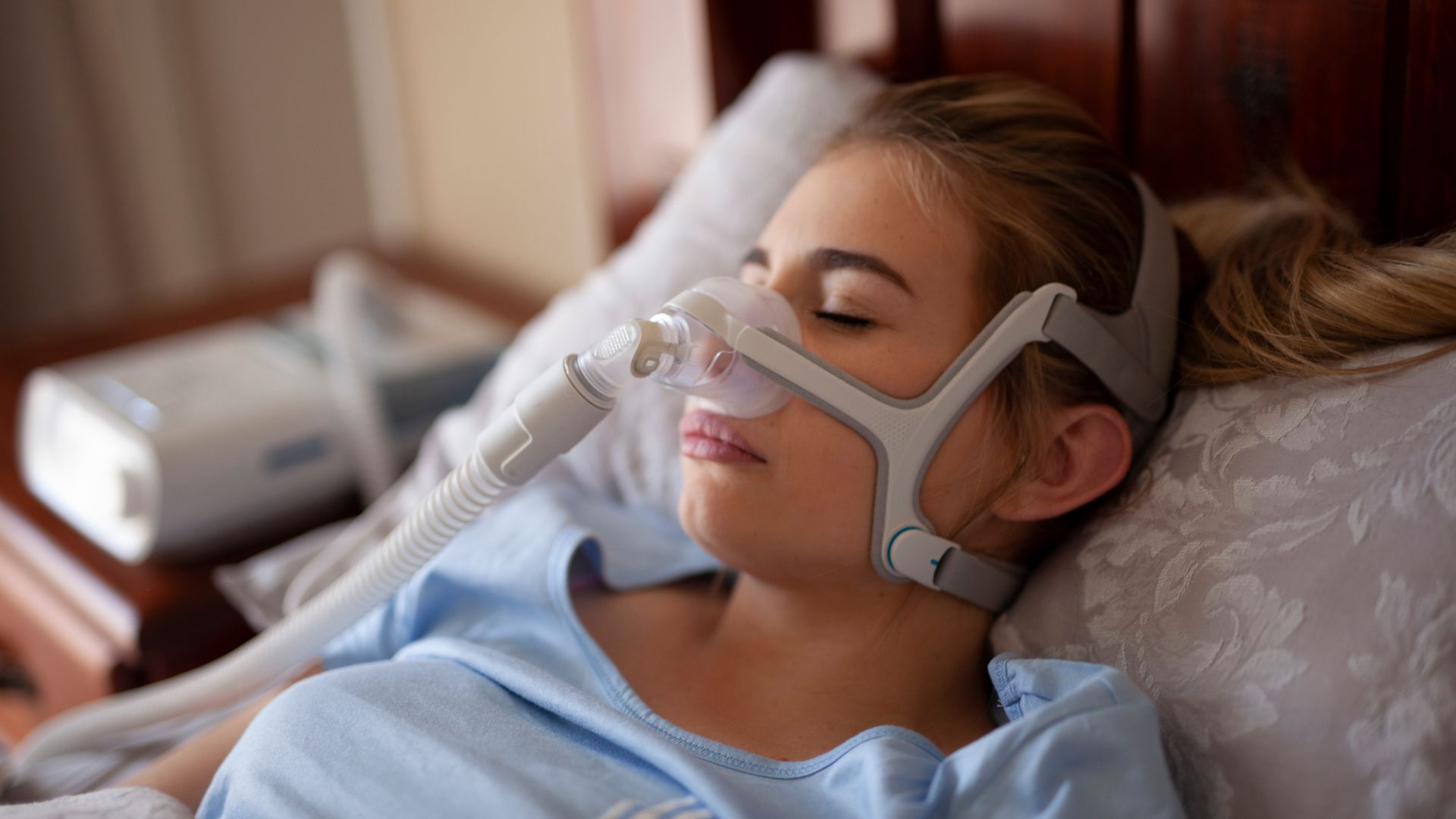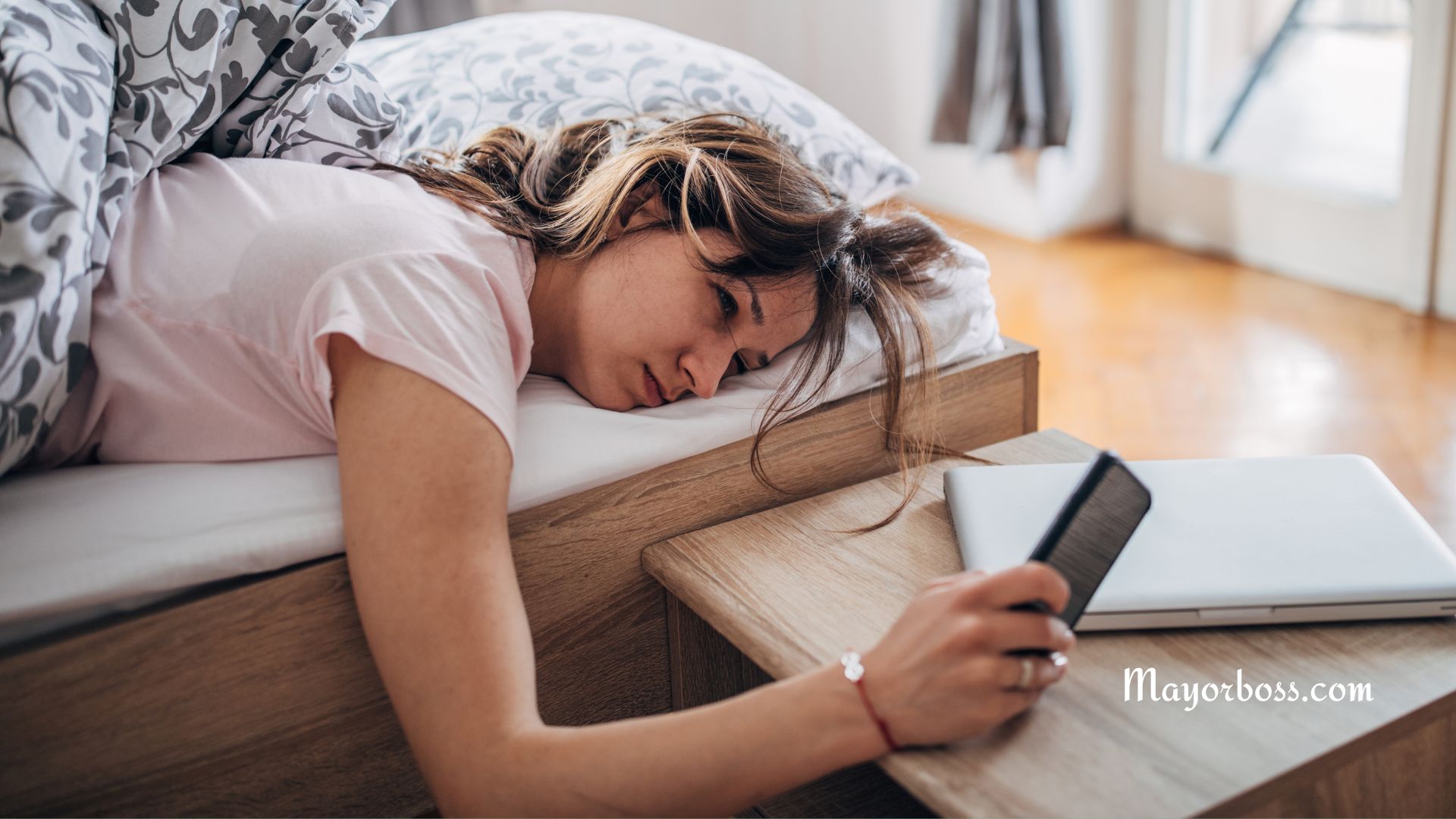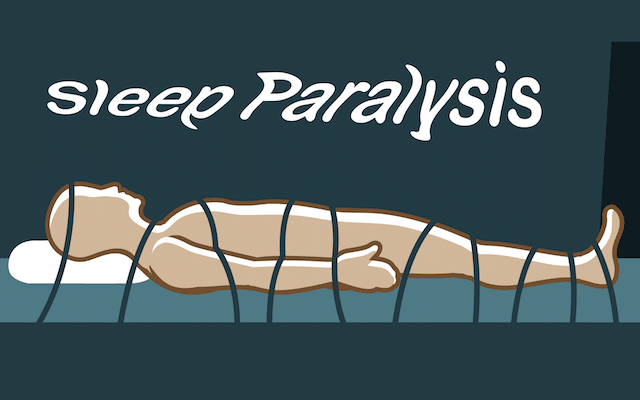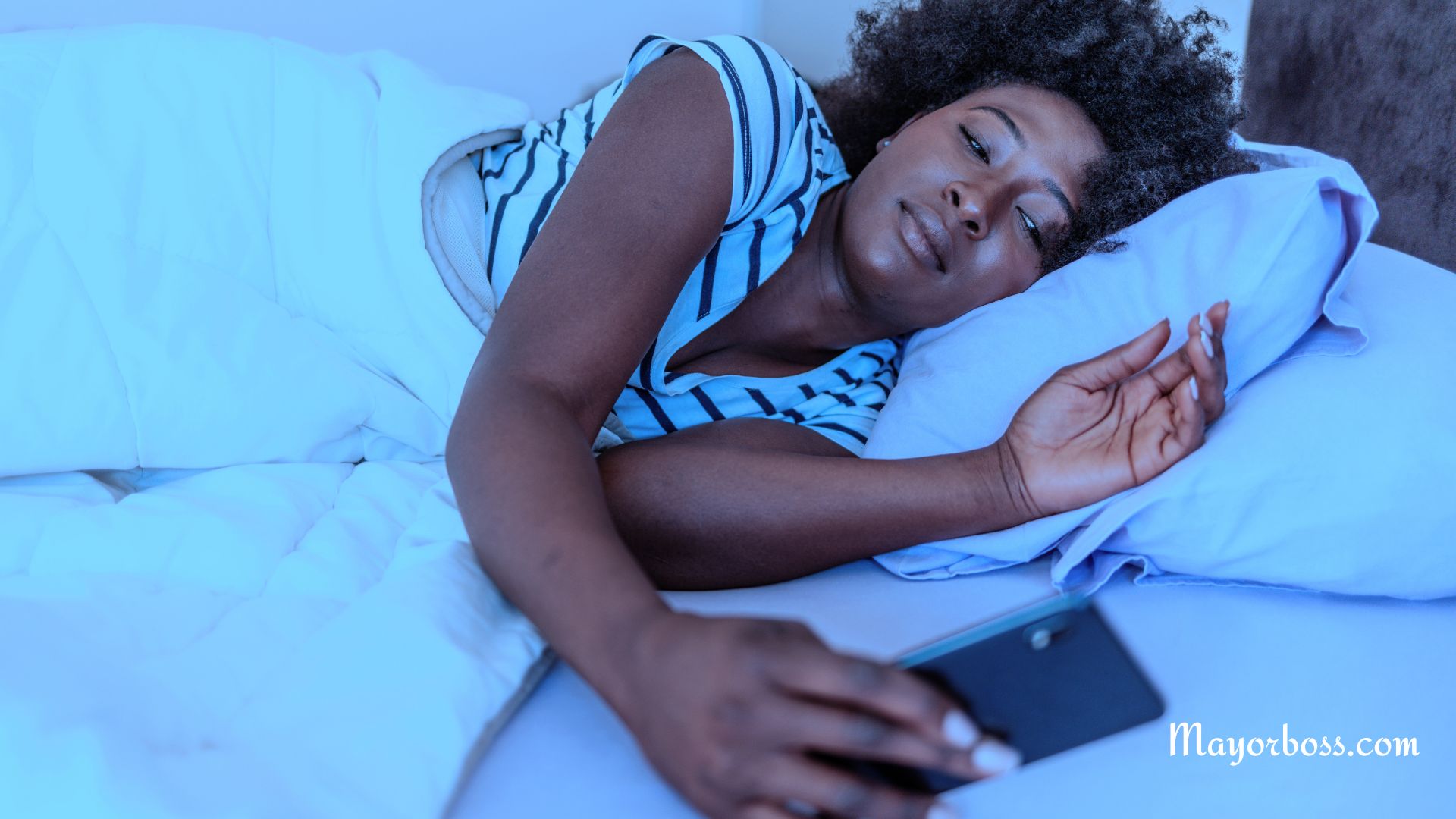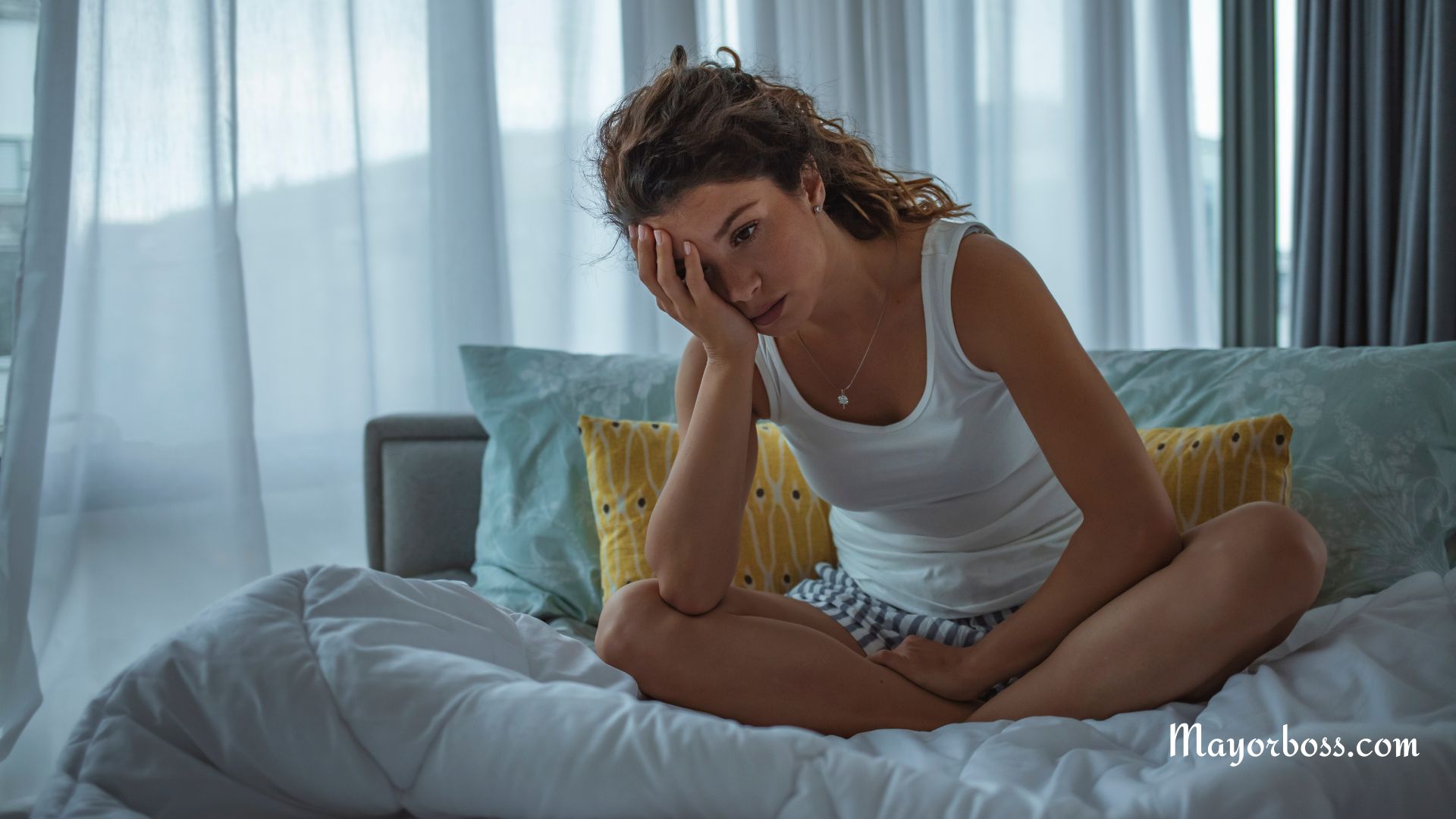Why do elderly people wake up early? See 6 reasons
Have you ever noticed that many elderly individuals seem to be up with the rooster, bright and early, no matter the day? It’s not just a stereotype—there’s real science behind why seniors are often the first ones to greet the dawn. So, why do they wake up early? Let’s dig into the reasons.
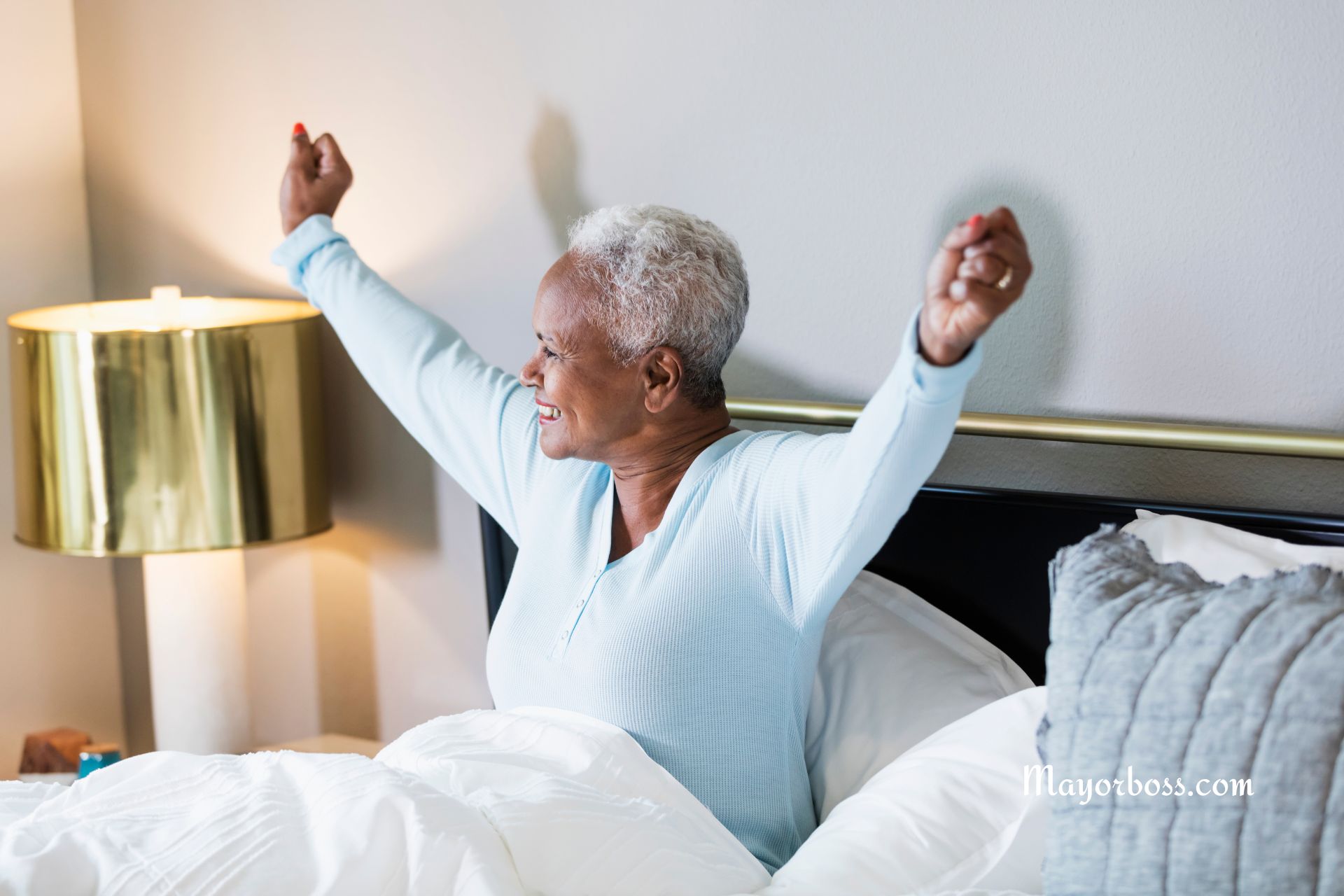
1. Changes in Sleep Patterns
As you age, your internal clock, also known as your circadian rhythm, shifts. This biological clock helps regulate when you wake up and when you feel sleepy, based on a 24-hour cycle. Research shows that in older adults, this clock tends to move forward, making them sleepy earlier in the evening and consequently waking them up earlier in the morning. So, if you’re wondering why Grandma is ready for bed right after “Wheel of Fortune,” this is why.
2. Reduced Need for Sleep
It might sound surprising, but older adults often need less sleep than their younger counterparts. While the average adult needs about 7 to 9 hours of sleep per night, seniors might get by just fine on 6 to 7 hours. This reduced sleep requirement can naturally lead to waking up earlier. This doesn’t mean they’re getting high-quality sleep, though, which brings us to another point.
3. Increased Frequency of Waking Up at Night
Many seniors find themselves waking up several times during the night. Why does this happen? Well factors like pain from chronic conditions, the need to use the restroom more frequently, or sleep disorders like sleep apnea can interrupt sleep. When you’re waking up often in the night, falling back asleep can be tricky, and sometimes it just feels easier to start the day instead.
4. Health Conditions and Medication
Health issues commonly seen in the elderly, such as arthritis, back pain, or acid reflux, can make it uncomfortable to stay in bed. Additionally, many medications can interfere with sleep, either by making it harder to fall asleep or causing you to wake up earlier. So, it’s not just the aging process but also what comes with it that affects sleep.
5. Less Exposure to Daylight
Retirement changes daily routines. Without a job to rush off to, older adults might not get as much exposure to natural light, which is crucial for regulating our sleep-wake cycles. Less daylight can confuse the body’s clock, causing it to shift the sleep schedule earlier.
6. Psychological Factors
Let’s not overlook the impact of mental health. Loneliness, depression, and anxiety, which are more prevalent among seniors, can disrupt sleep patterns and lead to more wakeful mornings. If the mind is restless, sleep often suffers.
Frequently Asked Questions
Q1: Is it healthy for elderly people to wake up early? Absolutely, as long as they’re getting enough restorative sleep during the night. If waking up early allows them to feel refreshed and maintains their daily function, it’s perfectly healthy.
Q2: How can seniors improve their sleep quality? Good sleep hygiene can make a big difference. This includes maintaining a regular sleep schedule, avoiding large meals, caffeine, and alcohol before bedtime., creating a comfortable sleep environment, limiting exposure to screens before bedtime, and managing stress. Sometimes, consulting a healthcare provider for persistent sleep issues is the best course of action.
Q3: Can exercise help seniors sleep better? Yes, regular physical activity can significantly improve sleep quality. However, it’s important to avoid vigorous workouts close to bedtime, as they might have the opposite effect and keep you awake.

